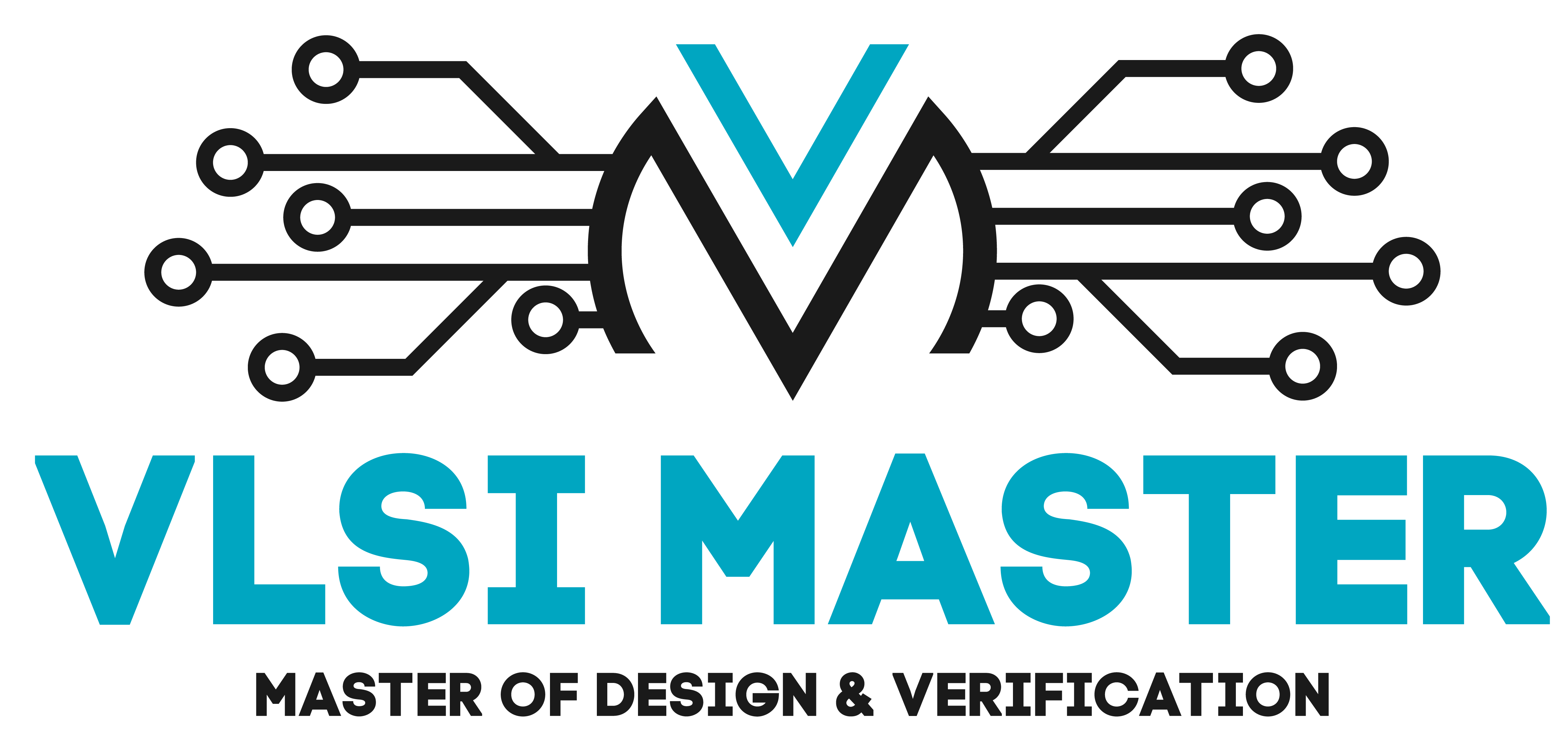Procedural Assignment
In our previous blog, we talked about the procedural assignment in Verilog. These are almost the same in System Verilog, so let’s discuss that in this blog. Procedural assignments come in the form of procedural blocks like “always”, “initial,” “task,” and “function.” To regulate when assignments are assessed and/or assigned, event controls, delay controls, if…else…
Arrays
We earlier studied the data types of System Verilog, but now we will study arrays of System Verilog, which is also a basic foundation of it. This blog introduces the language’s arrays. Packed, unpacked, associative, and dynamic arrays are specifically explored. There is discussion of array assignment, indexing, slicing, array manipulation methods, and array ordering…
Data Type, Typedef methods
Data Type In the previous blog we already introduced System Verilog, so let’s start this with some more interesting basic terms, i.e., data types. SystemVerilog provides a wide range of integer and real data types, as well as nets. Verilog used to have “reg” and “wire,” but they were insufficient for functional verification. SystemVerilog additionally…
System Verilog
The development of the IEEE standard System Verilog language is described in this blog. It illustrates how the language subsets System Verilog for Design and Verification, System Verilog Assertions, and System Verilog Functional Coverage fold into a single unifed language. Introduction Accellera introduced System Verilog in 2002. It became an IEEE standard in 2005. Later,…

